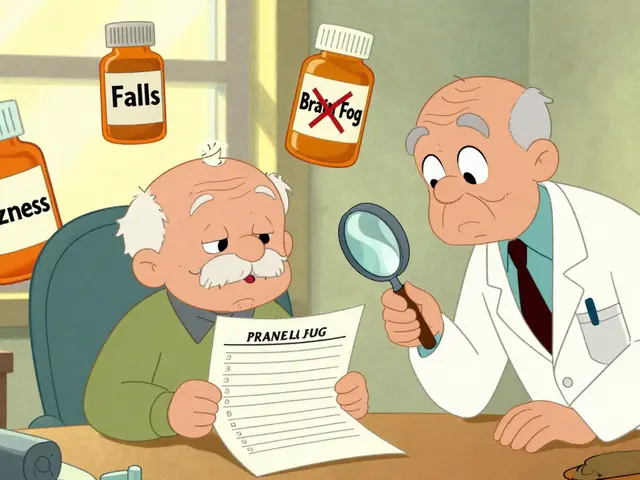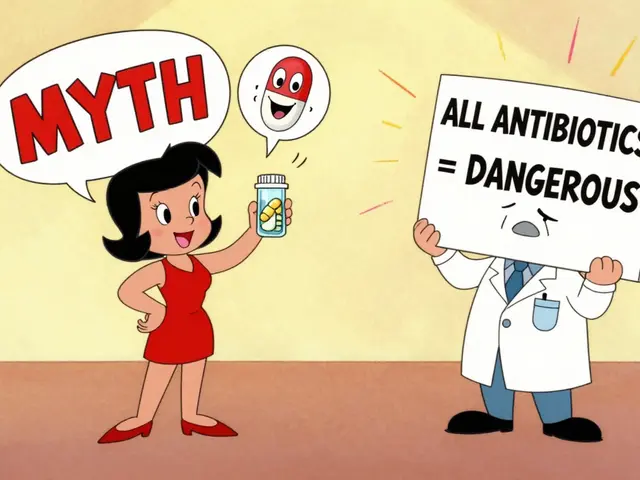NSAID Guide: How to Use Pain Relievers Safely
Stomach bleeds and heart problems sound scary, right? NSAIDs still help millions with pain and fever — but you need a few simple rules to use them safely. Read this if you want straight, practical advice on which NSAID to pick, who should avoid them, and how to lower risk.
NSAID stands for nonsteroidal anti-inflammatory drug. They lower inflammation, pain, and fever. Familiar OTC examples are ibuprofen (Advil, Motrin) and naproxen (Aleve); aspirin is an older NSAID used for pain and heart protection. Prescription NSAIDs include stronger options a clinician may choose for severe pain or arthritis.
Pick based on the problem
Headache or minor muscle pain: ibuprofen can work fast and is a good short-term choice. Menstrual cramps: ibuprofen or naproxen often give solid relief. Long-lasting pain, like tendon pain or flare-ups: naproxen lasts longer between doses. Local joint pain: try a topical NSAID gel or patch first — it targets the area with less effect on your stomach or heart.
Practical safety steps
Always use the lowest effective dose for the shortest time that helps. Take pills with food to reduce stomach upset. Don’t mix two different NSAIDs — that raises risks without extra benefit. If you drink alcohol regularly, be careful: alcohol plus NSAIDs increases the chance of a bleeding stomach.
Check interactions. If you’re on blood thinners (warfarin or DOACs), anticoagulant meds, SSRIs, lithium, or methotrexate, talk to your clinician before using NSAIDs. People on ACE inhibitors or diuretics should also get medical advice — NSAIDs can blunt blood pressure meds and affect kidney function.
High blood pressure, heart disease, and chronic kidney disease change the risk balance. NSAIDs can raise blood pressure and, in some people, worsen heart failure or kidney function. For long-term pain control, discuss alternatives with your clinician — acetaminophen, topical options, physical therapy, injections, or other drug classes may be safer.
Look for warning signs: black or tarry stools, blood in vomit, sudden shortness of breath, chest pain, fainting, or sudden swelling. Stop the NSAID and seek medical care if these occur. Older adults are more likely to have side effects, so doctors often recommend lower doses or non-NSAID strategies in that group.
Pregnancy and breastfeeding: avoid most NSAIDs late in pregnancy because they can affect the baby’s circulation. If you’re pregnant, planning pregnancy, or breastfeeding, ask your clinician before taking NSAIDs.
Finally, practical dosing: read and follow the package instructions and don’t exceed the labeled OTC daily limit. If OTC pills don’t control pain after a few days, see a clinician — persistent pain needs diagnosis, not stacking more pills. If you want help choosing an NSAID for a specific issue (migraine, period cramps, arthritis, or a sore shoulder), tell me the problem and I’ll point to options and safety checks that fit your situation.




